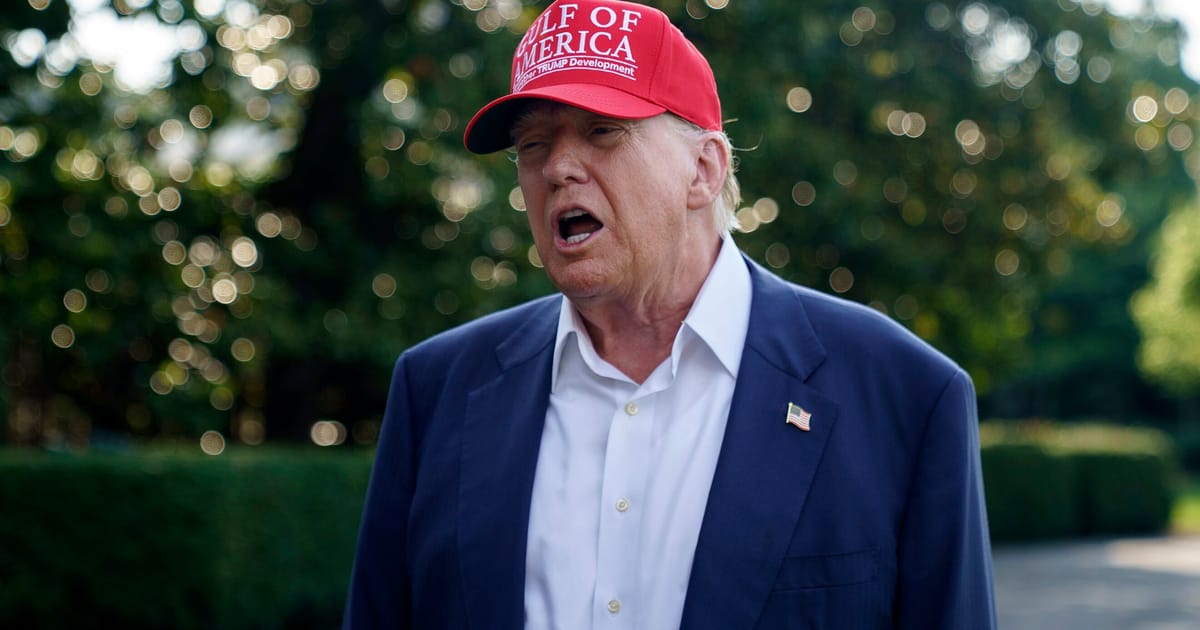

In a significant development towards peace in the Middle East, U.S. President Donald Trump has announced that Israel is prepared to agree to the necessary conditions for a 60-day ceasefire with Hamas in Gaza. The move aims to bring a temporary halt to ongoing hostilities as parties work towards a more enduring resolution to the conflict, which has led to nearly 60,000 lives lost. This step is being viewed as a potential turning point and an opportunity for diplomatic engagement.
The announcement was made through a post by President Trump on the social media platform Truth Social, where he stated, “Israel has agreed to the necessary conditions to finalize the 60-day ceasefire, during which time we will work with all parties to end the war.” His words carry a hopeful tone for the Middle East, emphasizing the importance of Hamas accepting these terms to seize this rare opportunity for peace. President Trump added, “I hope, for the good of the Middle East, that Hamas takes this Deal, because it will not get better — IT WILL ONLY GET WORSE.” This statement underscores the sense of urgency and the potential consequences should the talks not progress constructively.
The reaction within Israel to this announcement has been described as muted, suggesting a cautious approach to this latest development. It highlights the complex nature of peace negotiations and the careful balancing act required by all parties involved. While official confirmations are yet to materialize publicly from Israeli leadership, the involvement of the U.S. indicates a concerted international effort to bring an end to the current hostilities.
This initiative forms part of a broader U.S. diplomatic strategy that focuses on de-escalation and dialogue. It is important to recognize that ceasefire agreements provide a critical window for humanitarian efforts, enabling aid to reach those most affected by the conflict and allowing for recovery and rebuilding efforts to commence.
Parallel to these developments, there’s a notable shift in U.S. foreign policy regarding military aid, with reports indicating that the Pentagon has authorized the suspension of arms supplies to Ukraine, including anti-aircraft missiles. This move signals a strategic pivot and reflects a desire to reduce tensions on other fronts, as highlighted by a White House official’s conversation with CNN. The response from Moscow has been one of approval, with recognition of how arms reduction might foster a more stable geopolitical environment.
These parallel threads of diplomacy and military policy highlight a nuanced approach by the U.S. administration to balance immediate concerns with longer-term strategic goals. Engaging both regional and global players constructively is essential for lasting peace and stability. Such endeavors require goodwill, patience, and an acknowledgment of the diverse perspectives and needs that exist in these complex international relationships.
The prospect of a ceasefire in Gaza represents a glimmer of hope amidst a backdrop of prolonged conflict. It emphasizes the enduring importance of negotiation, dialogue, and diplomacy in resolving disputes. While the path to lasting peace is often long and fraught with challenges, moments like these remind the international community that progress is possible when efforts are aligned towards a common good.
As the situation in Gaza evolves, the world watches with cautious optimism, hopeful that the spirit of cooperation and negotiation will prevail over division and discord. The focus now shifts to the engagement of all stakeholders to uphold and build on this initiative, paving the way for a peaceful future in the region.
Source: {link}
